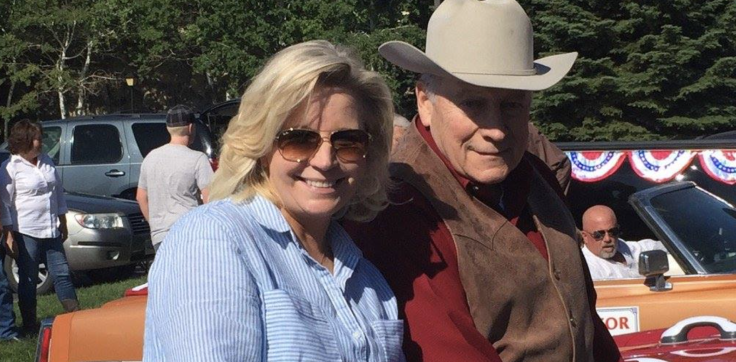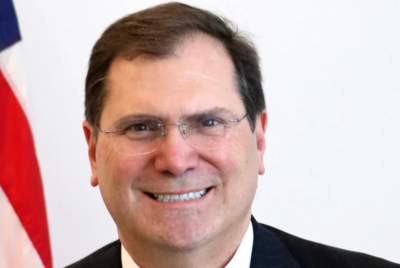Dick Cheney Funeral Kickstarts US Presidents' Reunion, Trump 'Uninvited'
A rare bipartisan gathering highlights Trump's growing distance from past leaders

The funeral of former US vice-president Dick Cheney created a rare reunion of American presidents and political leaders, yet the absence of Donald Trump stood out as the clearest sign of his widening distance from Washington's past power structure.
The event at Washington National Cathedral brought together figures from both parties, offering a portrait of political history gathered to honour one of the most influential and divisive officials of the modern era. The full account of the guest list and ceremony appears in reporting on the Cheney funeral service.
A Gathering of Political Heavyweights
Joe Biden attended the service alongside former vice-presidents Kamala Harris, Mike Pence, Al Gore and Dan Quayle. Former House speaker Nancy Pelosi and chief justice John Roberts also sat in the front pews. Their presence reflected Cheney's long reach across decades of political change.
George W Bush delivered the eulogy and praised Cheney for his loyalty and discipline during their years in office. Bush said Cheney embodied what a president should expect from a second in command and avoided any reference to the known tensions that once defined parts of their partnership.
Notable absences included Barack Obama and Bill Clinton. Clinton's spokesperson described his absence as the result of a scheduling conflict. The gathering still represented one of the largest bipartisan assemblies in recent memory, with former rivals and colleagues seated together in recognition of the late vice-president's legacy.
Trump and Vance Excluded From Guest List
Donald Trump and vice-president JD Vance did not receive invitations. Their exclusion reflected a deeper fracture in the Republican Party and underlined ongoing hostility between the Cheney family and the current leadership. The decision was confirmed by a White House official familiar with the arrangements, and additional reporting in coverage of Trump being snubbed detailed the political backdrop.
Tensions between Trump and the Cheneys reached a breaking point during the 6 January investigation. Liz Cheney served as vice-chair of the House committee and pressed forward with the inquiry despite pressure from her party. Trump endorsed her primary challenger in 2022 and repeatedly attacked her efforts to scrutinise his role in the Capitol riot. Both Liz and her father endorsed Kamala Harris in 2024, marking a striking break from their party's candidate. Trump's absence from the funeral therefore aligned with years of public conflict rather than logistical oversight.
Liz Cheney Reflects on Her Father's Legacy
Liz Cheney delivered a tribute that focused on the values her father taught her about duty, public service and the Constitution. She said he believed that political identity must never outweigh loyalty to the republic. She also described how he inspired her decision to hold Trump accountable during the January 6 investigation. Her remarks avoided direct criticism yet made clear that her work on the committee aligned with lessons drawn from her father's career.

She noted that her father entered public service after being inspired by John F Kennedy. Cheney built his career steadily, beginning as a young adviser in the Nixon administration before becoming the youngest White House chief of staff.
He later served as defence secretary under George HW Bush and guided US military strategy during the Gulf war. His selection as George W Bush's running mate in 2000 cemented his status as a central figure in national security policy. During his vice-presidency, he shaped the US response to the 9/11 attacks, pushed for expanded surveillance powers and led the effort to invade Iraq and Afghanistan.
A Symbolic Reunion Without One Former President
Cheney's funeral provided a moment of reflection for Washington figures who shaped US policy over five decades. Their presence signalled a shared recognition of Cheney's controversial but undeniably significant influence.
Trump's absence highlighted the degree to which he stands apart from that lineage. The event demonstrated how shifting alliances and unresolved political battles continue to define America's leadership landscape. It also underscored how Cheney's legacy remains intertwined with the values his family continues to promote, even as the country navigates deep divisions.
© Copyright IBTimes 2025. All rights reserved.





















